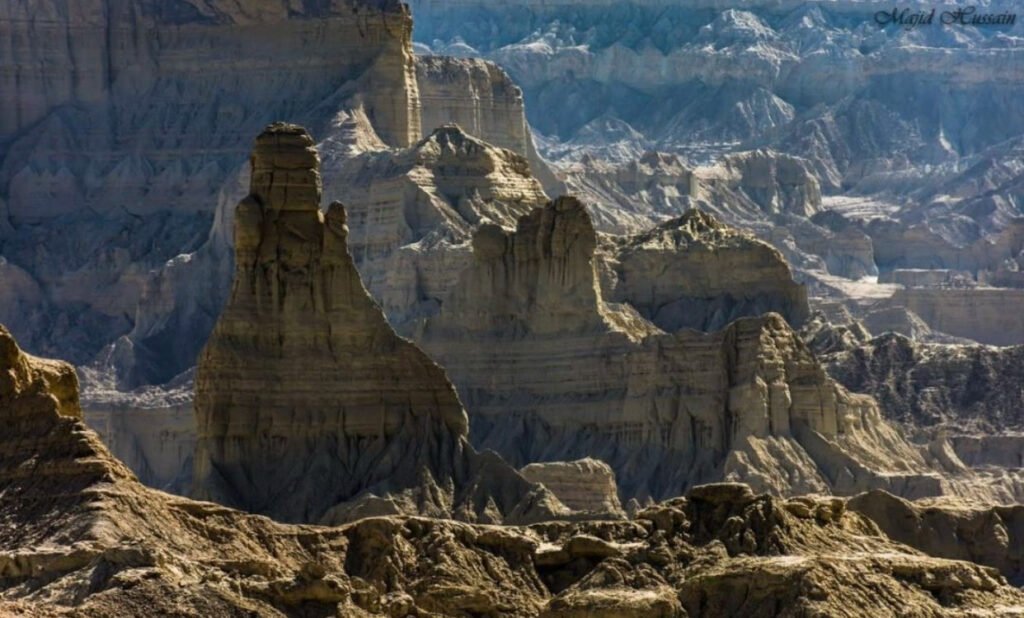The Silent Graveyard of Disappeared Voices – A Cautionary Tale for Afghanistan

Photo: @Balochistan Human Rights Council
By Kadeem Baloch
As geopolitical storms gather once again over South and Central Asia, the dusty mountains of Balochistan bear silent testimony to a prolonged human tragedy—one that Afghanistan would do well to heed.
For decades, Pakistan’s largest and most mineral-rich province has been the site of a slow, brutal erasure. Thousands of Baloch men—students, teachers, poets, and activists—have vanished without trace. Some are found dumped in mass graves. Others simply become statistics in a long list of “missing persons,” while their families protest for years on the streets of Quetta and Karachi, with only photographs and fading hope.
The perpetrators are not unknown. Pakistan’s powerful military and intelligence agencies have been repeatedly accused—by Baloch activists, human rights watchdogs, and even former insiders—of running a systematic campaign of abductions, torture, and targeted killings. The objective? To crush the Baloch nationalist movement and retain Islamabad’s grip on a region it treats not as a federated unit but as a colony.
Yet, the implications of Balochistan’s tragedy extend far beyond Pakistan’s borders. For Afghanistan, currently struggling to define its post-occupation identity under the Taliban regime, Balochistan offers a chilling cautionary tale. The same Pakistani state that decimated Baloch dissent is steadily increasing its influence over Afghanistan’s political and security landscape—through patronage, pressure, and proxy.
Pakistan has long positioned itself as a stakeholder in Afghanistan’s future, claiming strategic depth, cultural ties, and shared geography. But what it exports is instability. Its territory has hosted Taliban leaders. Its intelligence apparatus has meddled in Afghan affairs. And now, under the pretext of “brotherly support,” it seeks to consolidate control over border regions and intelligence coordination.
Afghanistan must ask: if this is what Pakistan does to its own citizens in Balochistan, what lies ahead for Afghans who resist or differ?
International silence compounds the problem. The so-called guardians of democracy and human rights have, for the most part, turned a blind eye to the plight of the Baloch. Western governments keen to retain Pakistan’s logistical routes and intelligence cooperation have routinely sacrificed moral clarity. The United Nations barely registers Balochistan in its reports. Regional powers remain mute.
Afghanistan still has the chance to chart a different course. Its sovereignty, though fragile, must not be bartered for aid, recognition, or security assurances from a state whose track record is soaked in internal repression. Kabul must diversify its alliances, strengthen grassroots institutions, and most importantly, remain wary of any external model that legitimises silencing dissent through force.
The playbook Pakistan has applied in Balochistan—militarise, dehumanise, and disappear—must never be replicated on Afghan soil. The price is too high, and the scars too deep.
Let the silence of Balochistan not become the silence of Kabul.
The author chooses a pseudonym. Kadeem Baloch is a freelance journalist based in Pakistan.
Note: The contents of the article are of sole responsibility of the author. Afghan Diaspora Network will not be responsible for any inaccurate or incorrect statement in the articles.






